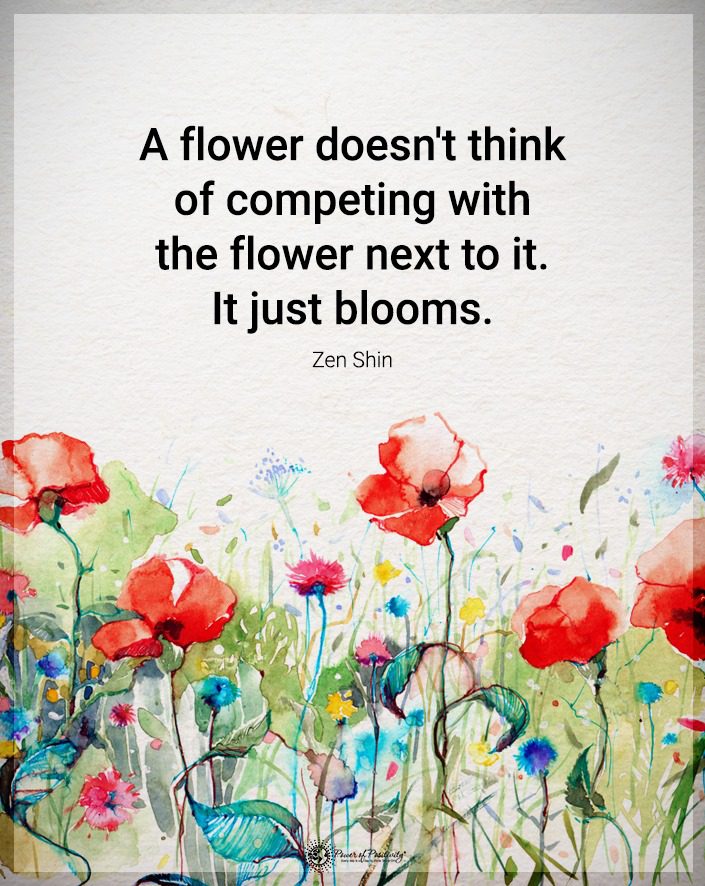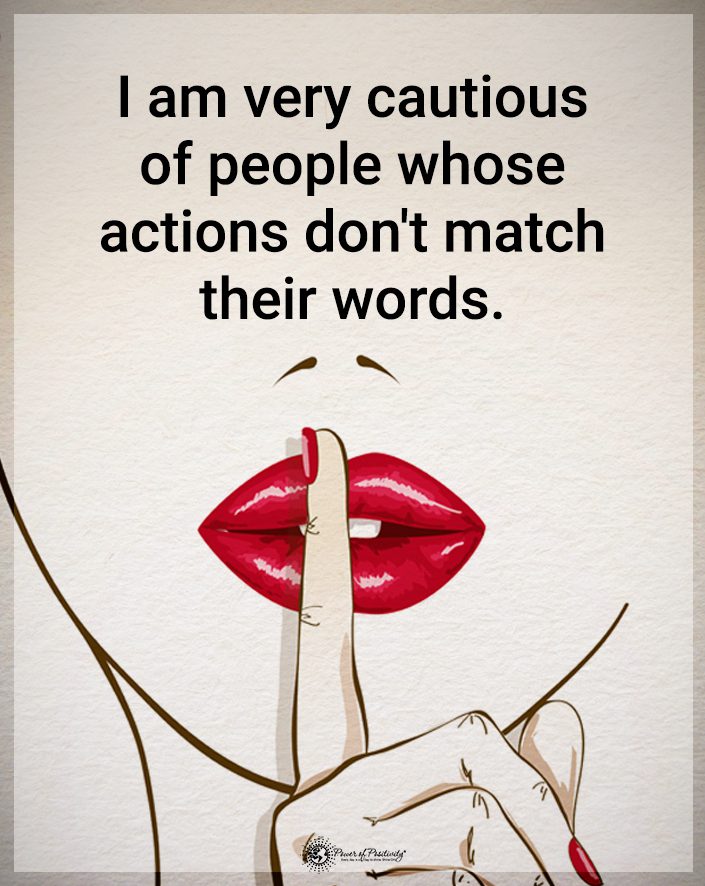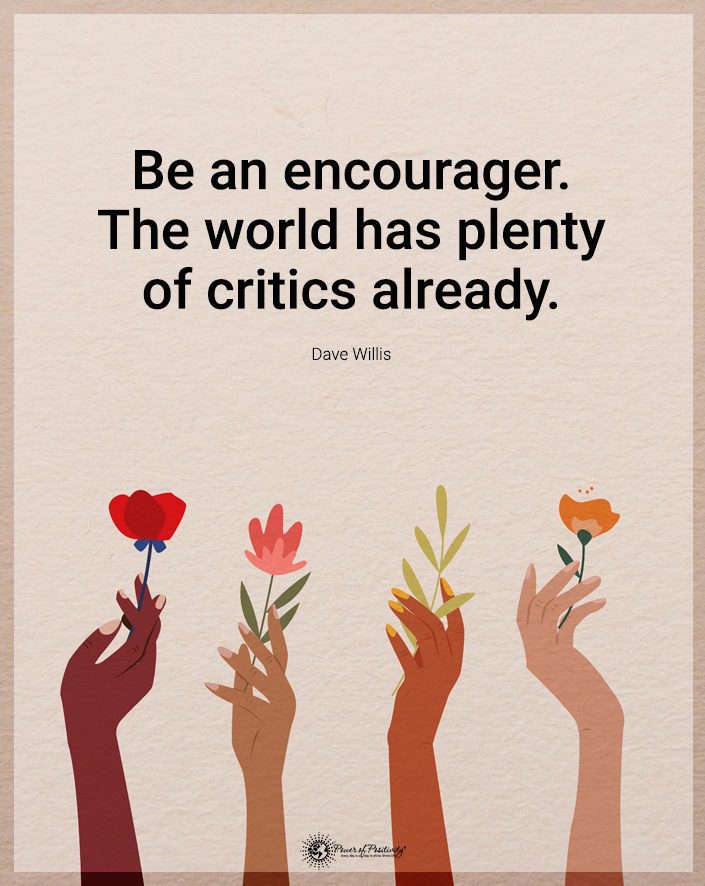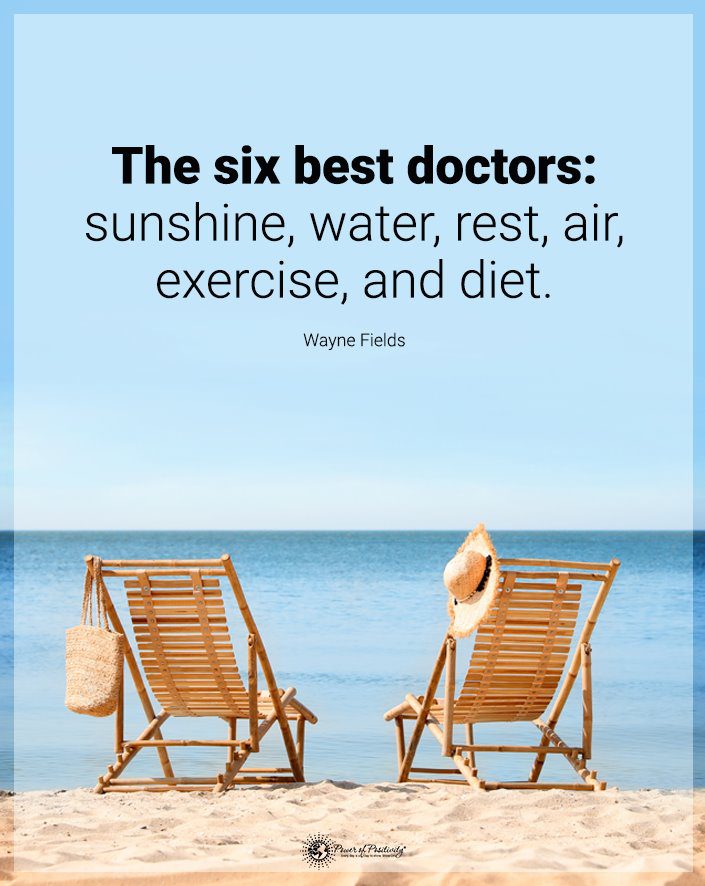As the saying sometimes goes: “It’s a jungle in there.” A personal indoor jungle needs constant love and attention because houseplants do more than just make a home pretty.
Research shows that plants inside the home can result in better air and a healthier environment.
Ten Houseplant Hacks If You Lack a Green Thumb
Of course, not everyone has the magic touch when it comes to keeping plants alive. To help out, here are ten houseplant hacks for anyone without a green thumb:
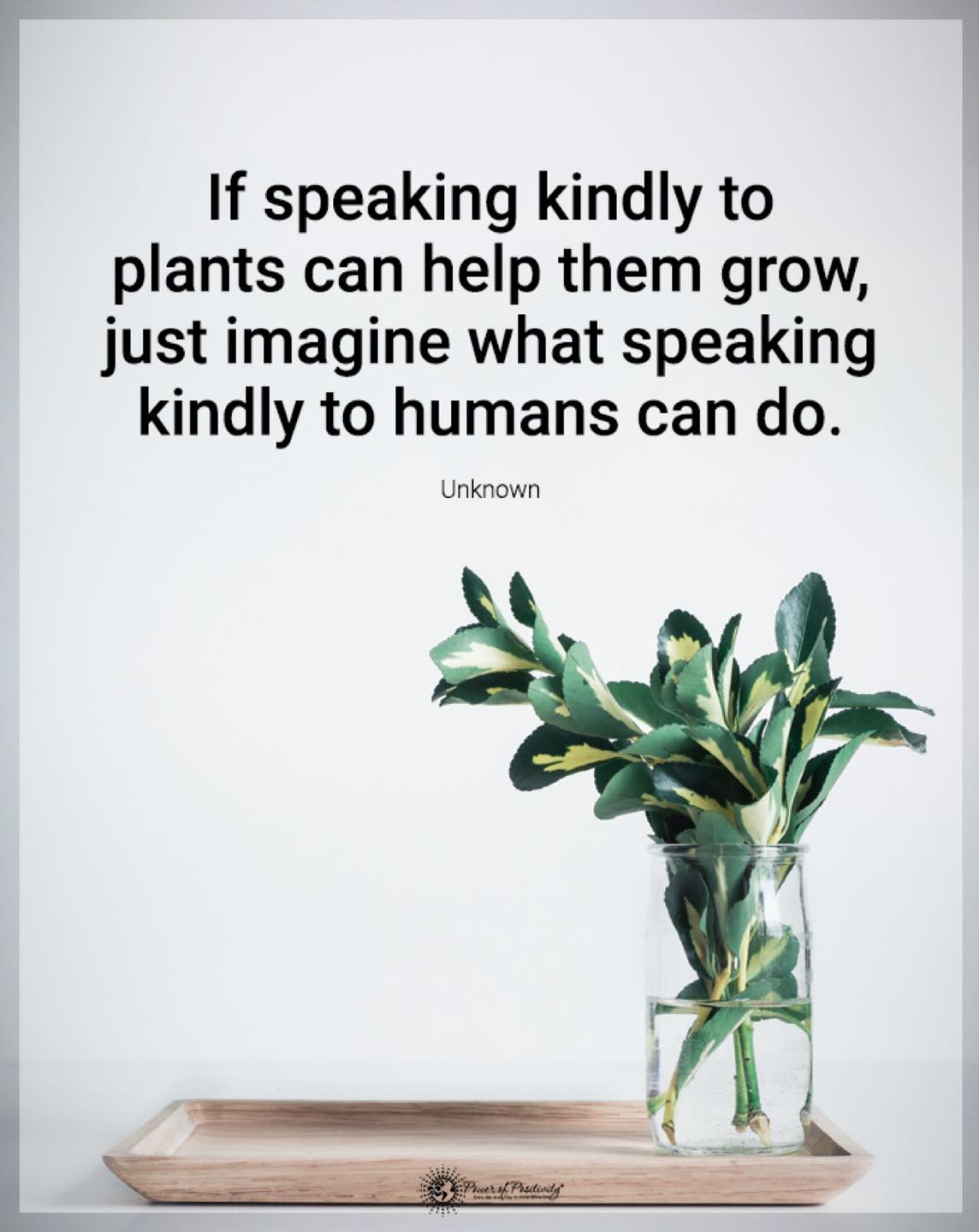
1. Get to know the plants.
A little investigation will tell us which plants like the light and which ones like a little more shade. Some plants like to be by the window, and others do not. Some plants are more suited to a particular room in the house than others. And some like lots of water, and some like their soil a bit drier. Knowing our plants and what they need to grow will help keep them healthy for the longest time.
2. Plants like their morning coffee too.
Coffee is not only our friend but it’s also a good friend to our plants. If leftover coffee is in the pot, dilute it with equal water and feed it to the acid-loving plants instead of regular watering.
3. Create a mini-compost pile.
Leftover coffee grounds, egg shells, and vegetable trimmings make a wonderful fertilizer for our plants. Have a little bucket to dispose of the excess plant-based food material and mix it into the plants’ soil. Both indoor and outdoor plants can benefit from this nourishing and natural insect and slug repellent. An interesting tip: Starbucks and some local coffee houses offer used coffee grounds free to customers.
4. Filter it.
And on coffee, line the base of the plant pots with coffee filters. This is an inexpensive way of keeping things clean and tidy. Put the filter on the pot’s base before filling it with compost. Excess water will be able to seep through, but the compost will be kept where it’s meant to be, making the life of a houseplant owner just a bit easier.
5. Recycle water.
Water used for cooking and washing up can be recycled back into the plants and the garden. When we cook vegetables, rice, or pasta, or boil some eggs, we can use the cooking water to keep our plants thriving. If it’s dishwashing water, make sure it’s a plant-based detergent we use for washing up; then, the water is good to go. One thing to remember; water used to cook meat or clean pots containing meat or dairy is unsuitable for use in the garden.
6. Give seedlings a good start.
Plant them in hollowed-out lemon halves or egg containers cut into individual pots and filled with compost. Used toilet roll centers also work well. Just fold in the ends, and it’s now a little pot. When the time comes, put the seedling and its container on the ground.
7. Create an indoor herb garden.
There will need natural light to have a thriving indoor herb garden. Scout out the best location, usually in a south or southwest window. Most herbs require at least four hours of sun each day and water when the top of the soil is dry. Use the herbs as soon as they are ready because most herbs do best when used before flowering.
8. Create mini greenhouses.
Use jars with lids or plastic jugs cut in half to make mini-greenhouses. This helps plants thrive, especially in infancy. Greenhouses can help regulate temperature and maintain a moist environment for seedlings. Not only do they give young plants a better start, but they are also great conversation starters.
9. Choosing the right plants.
Several plant species do not require a green thumb. Aloe vera, the spider plant, jade, and ponytail palm are just a few examples that are practically impossible to kill. In fact, even those hapless gardeners with minimal skills have a good shot at keeping these plants alive. Do the research and pick plants that are easy to maintain.
10. Keep plants bug free.
Garlic isn’t only good for warding off vampires; it can also help keep bugs out of plants. Simply put a clove of garlic into the houseplant to keep pests away. If the garlic begins to sprout, simply cut it back. Garlic is a well-known insect repellent both indoors and outdoors.
There are ten ways to get the best from the plants around the house. Happy planting!

